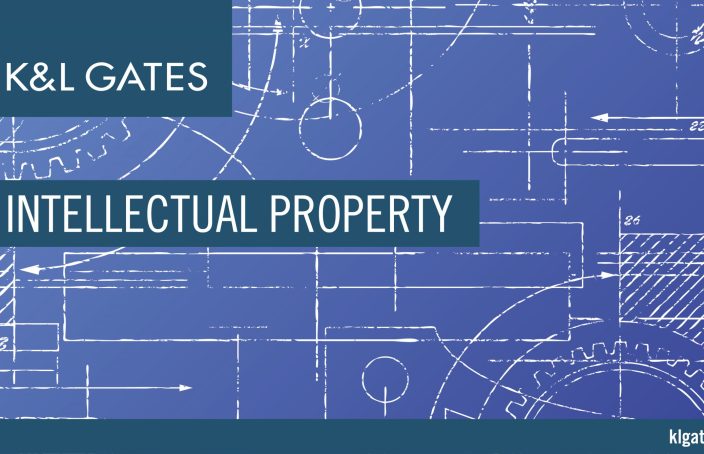In Response Clothing Ltd v The Edinburgh Woollen Mill Ltd [2020] EWHC 148 (IPEC), the Intellectual Property Enterprise Court (“IPEC”) has issued the first UK decision made since the Court of Justice of the European Union’s controversial decision in Cofemel (C-683/17).
Why does this matter?
The Cofemel decision indicated that there is a harmonised concept of what constitutes a ‘work’ under copyright law throughout the EU, which is not restricted by any defined categories and should not take into account any aesthetic considerations.
Accordingly, there has been much discussion about the UK’s closed list of copyright protectable subject matter under the Copyright, Designs and Patent Act 1988 (“1988 Act”) and the concepts of ‘artistic works’, ‘sculptures’ and ‘works of artistic craftsmanship’ under section 4 of the 1988 Act and whether these are incompatible with EU law. Previous prominent Court decisions such as the Lucasfilm decision in the Stormtrooper Helmet case have also been thrown into question.
This decision is the first time that a UK Court has had to deal with this apparent incompatibility.
Read More

